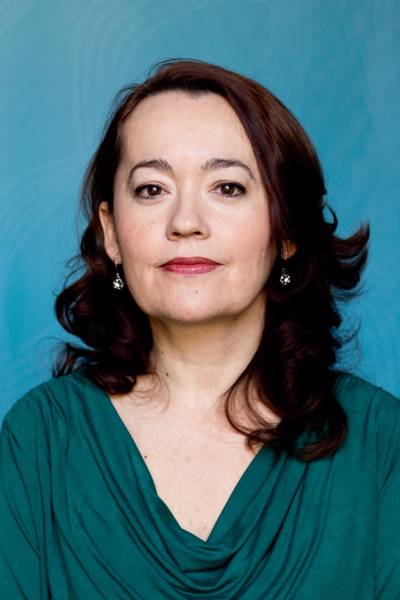The Democratic Union Party (PYD), the dominant Kurdish political party in Northern Syria, has led a vanguard movement for autonomy based on Kurdistan Worker’s Party (PKK) leader Abdullah Öcalan’s ideology of democratic confederalism. A central component of this ideology is the focus on gender equality (jineologi). Ideology has served as a potent mobilising force in particular by empowering women, a group that is often at the margins of power in traditional Kurdish society, and is a cornerstone of the Rojava revolution. However, it also presents challenges for the PYD in their relations with local tribes on whom the PYD depends for sustaining the Kurdish position in the northeast. Turkey’s interventions have given the tribes a new position in the conflict and for the PYD, this means that negotiating power with the tribes will be increasingly critical to their own position. In an effort to retain a dominant position how will the PYD, no longer a vanguard movement, relate to key elements of their gender ideology? This article examines the challenges of transformative rebel governance ideology in negotiating with traditional social structures examined through the lens of gender.
Tank, Pinar (2022) Rebel governance and gender in northeast Syria: Transformative ideology as a challenge to negotiating power, Third World Thematics: A TWQ Journal. DOI: 10.1080/23802014.2022.2115547.








